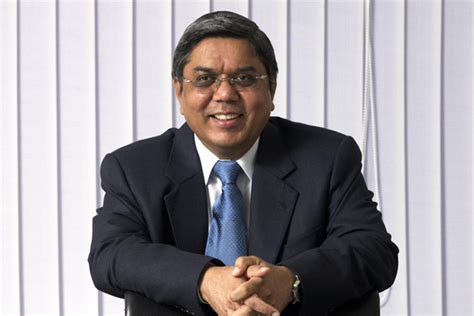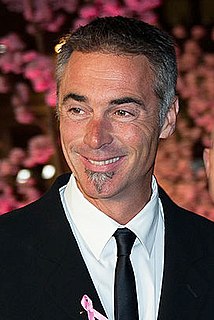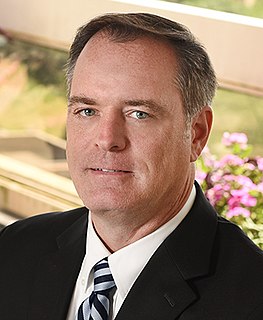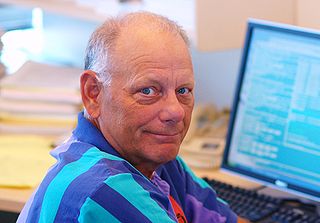A Quote by Dean Kamen
I've spent quite a bit of time working on wind turbines and exploring control systems and photovoltaic and integration system.
Quote Topics
Related Quotes
A lot of the so-called systems composers have this thing that the system is always right. You don't fiddle with it at all. Well, I don't think that. I think the system is as right as you judge it to be. If for some reason you don't like a bit of it you must trust your intuition on that. I don't take a doctrinaire approach to systems.
The toughest parts of the shooting schedule for me are the days between working, when you've nothing to do but wait. There is only so much time you can spend on a script before it becomes so rehearsed that your performance becomes rigid and immovable on the day of, so one has to occupy one's time in some fashion. For me, those interim days are usually spent exercising, exploring, learning to cook something edible, and working on my own creative endeavors.
My first operating system project was to build a real-time system called RSX-11M that ran on Digital's PDP-11 16-bit series of minicomputers. ... a multitasking operating system that would run in 32 KB of memory with a hierarchical file system, application swapping, real-time scheduling, and a set of development utilities. The operating system and utilities were to run on the entire line of PDP-11 platforms, from the very small systems up through the PDP-11/70 which had memory-mapping hardware and supported up to 4 MB of memory.





































